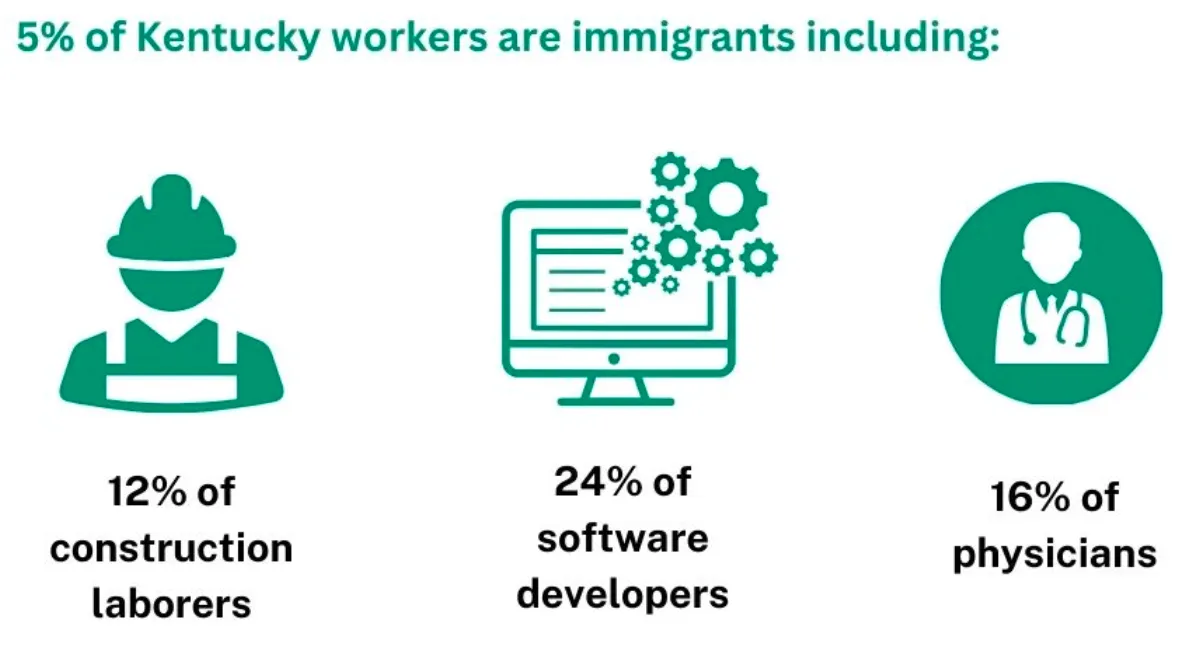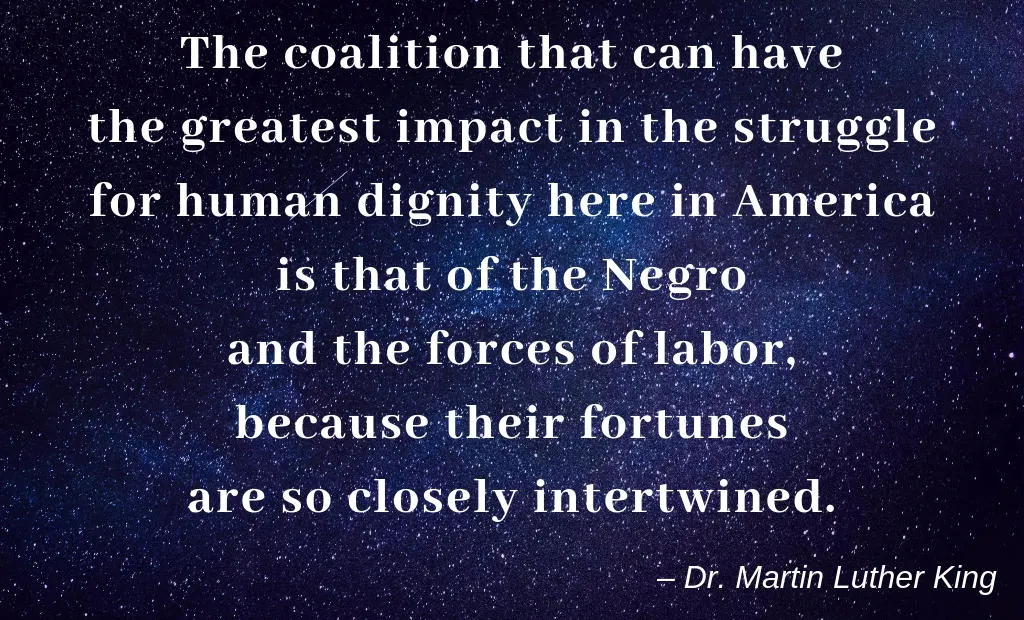Table of Contents
FRANKFORT — With the general election next month, Kentucky’s top Democrats and Republicans are both criticizing what they say is misinformation about a proposed constitutional amendment that would allow the General Assembly to fund nonpublic schools.
Amendment 2, which Kentucky voters will decide, was a top priority for GOP lawmakers during this year’s legislative session; Democrats consistently opposed the idea. The partisan skirmish continues in the race to sway voters.
Speaking with reporters in Frankfort this week, Senate President Robert Stivers and House Speaker David Osborne, both Republicans, said unfounded speculation about what the amendment would do is an obstacle for its supporters to overcome.
Stivers and Osborne stressed that the amendment merely lowers constitutional barriers that in the past have blocked the legislature from expanding what its supporters call “school choice.”
Opponents warn that if Amendment 2 is approved, the Republican-controlled legislature would create a system of vouchers, as 10 states have done, to help families pay for private school tuition diverting funds from public schools.
“I think what some people are saying about the amendment is not accurate,” Stivers said. “There is nothing in the amendment except it would allow the legislature to go beyond what the constitutional definition of common schools are.”
In the past, Stivers said, the focus of “school choice” legislation in Kentucky has been targeted “on failing school systems” but, he said, those laws were declared unconstitutional.
In recent years, Kentucky courts have struck down the legislature’s attempts to authorize charter schools in the state and tax credits to help families pay private school tuition. Those bills narrowly passed over Gov. Andy Beshear’s vetoes.
Amendment 2 would suspend or “notwithstand” seven sections of the state constitution but only to enable “the General Assembly to provide financial support for the education costs of students in kindergarten through 12th grade who are outside the system of common (public) schools,” according to language approved by the legislature.
If voters approve the amendment, the Republican leaders said, decisions about next steps would involve stakeholders and extensive debate by lawmakers — debate that Osborne predicted would be “contentious.”
“If you look at the history of the school choice debates in the legislature, they’ve been very contentious, and they’ve been very incremental in the things that they have done,” Osborne said. “I think to expect there to be sweeping legislation that’s going to happen the next day is clearly just not going to happen, but there’s really not been a tremendous amount of discussion about what that policy will look like.”
Stivers predicted “we’re probably a year away from any type of legislation,” noting that the General Assembly next convenes in January in the middle of a school year. The Kentucky Department of Education, superintendents, teachers and families would also need to give input on any future legislation, he said.
When lawmakers debated the amendment earlier this year, some Republicans joined Democrats in opposing the ballot measure, particularly those with a history in public education or who represent rural communities.
Meanwhile, Kentucky Democrats point to the lack of specifics in the amendment as a reason voters should defeat it.
“Amendment 2 is really just a blank check for the Republicans in the General Assembly,” said House Democratic Caucus Chair Cherlynn Stevenson of Lexington. “Do not let them convince you to write it.”
Stevenson spoke during a news conference in the Capitol Rotunda last week, along with Lt. Gov. Jacqueline Coleman and Kentucky Democratic Party Chair Colmon Elridge.
Coleman, who has been traveling the state campaigning against the amendment, said its supporters are putting out false information. She said she was aware of a recent campaign mailer saying that Gov. Andy Beshear supported it, which is not true.
“There’s a lot of conversations that still need to be had,” Coleman said. “And it’s my hope that the folks who are tied in the most in our education communities — parents, teachers, volunteers, all of the folks who work in our schools — help to educate the people around them about what this really means.”
KDP Chair Colmon argued “we don’t even know what the choice actually is” because Republican lawmakers have not shared what changes in policy and law they would pursue if the amendment passes.
Stevenson called for supporting education by funding universal pre-K programs and pupil transportation, along with finding ways to lower class sizes rather than supporting the amendment.
When asked if it’s a challenge to persuade voters to support Amendment 2 without telling them more about what would come next, Osborne said that “makes it easier for people to distort it” but he thinks “the people of Kentucky are smart enough to figure this out.”
“Most people do like to maintain status quo, and so that is an impact on any constitutional amendment,” Stivers said.
Election Day is Tuesday, Nov. 5. In-person, excused absentee voting will be held Oct. 23, 24, 25, and Oct. 28, 29, 30. Early in-person, no excuse absentee voting will take place Thursday-Saturday, Oct. 31- Nov. 2. To find out times and locations of early voting in your county, visit the State Board of Elections website at govote.ky.gov.
--30--
Written by McKenna Horsley. Cross-posted from the Kentucky Lantern.








